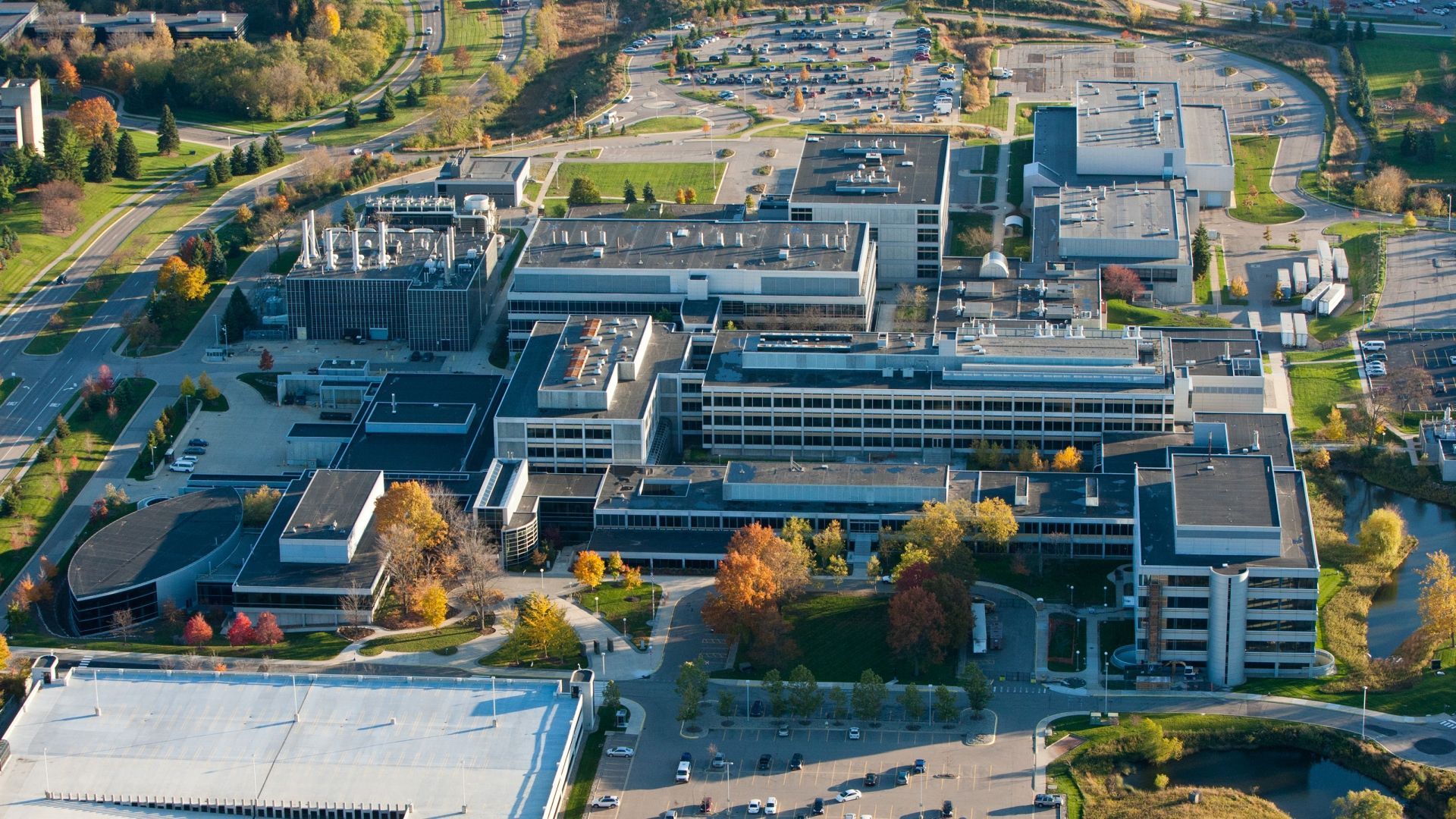
University Of Birmingham

Summary
The University of Birmingham is a public research university located in the city of Birmingham, England. It was established in 1900 and is a founding member of the prestigious Russell Group of research-intensive universities in the UK.
The university is renowned for its academic excellence and innovative research across a wide range of fields, including arts, humanities, sciences, engineering, and social sciences. It is home to more than 36,000 students from over 150 countries, making it one of the most diverse universities in the UK.
Birmingham is consistently ranked among the top 100 universities in the world, and its research output is rated as world-leading or internationally excellent in almost 90% of subjects in the latest Research Excellence Framework.
The university campus is located in Edgbaston, a leafy suburb of Birmingham, and covers over 276 acres of parkland. It boasts state-of-the-art facilities, including modern lecture halls, research centers, libraries, sports facilities, and student accommodation.
With a rich history, strong reputation, and commitment to academic excellence, the University of Birmingham is a top choice for students seeking a world-class education in the UK.
History
The University of Birmingham was founded in 1900 as the University of Birmingham by an act of parliament, with the aim of providing an alternative to the established universities of Oxford and Cambridge. It was the first civic university in England, meaning it was funded by the city rather than the church or royalty.
The university was established with the help of a group of local benefactors, including Joseph Chamberlain, a prominent businessman and politician who had been instrumental in the expansion of Birmingham's industries and infrastructure. He donated land and funds for the construction of the first buildings on the campus.
The university initially had four faculties: Arts, Science, Medicine, and Commerce. The first students were admitted in 1902, and the first degrees were awarded in 1903. In its early years, the university focused on practical, applied research and teaching, particularly in the areas of engineering and business.
During World War I, the university played an important role in the war effort, with many of its staff and students serving in the armed forces or contributing to scientific research and development. After the war, the university expanded rapidly, with new buildings and facilities constructed on the Edgbaston campus.
In the 1920s and 1930s, the university continued to grow and develop, with new faculties and departments established, and a strong emphasis placed on research and scholarship. During World War II, the university again played a significant role in scientific research and development, particularly in the fields of radar and nuclear physics.
In the post-war period, the university continued to expand and diversify, with the establishment of new faculties and departments, and the development of a strong reputation for research excellence. In 1998, the university merged with the University of Aston, becoming the University of Birmingham Aston Campus.
Today, the University of Birmingham is a leading research-intensive institution, with a strong reputation for academic excellence and innovation in teaching and research across a wide range of disciplines. It remains committed to its founding mission of providing accessible, high-quality education to all.
Courses
The University of Birmingham offers a wide range of undergraduate and postgraduate courses across various disciplines, including arts, humanities, sciences, engineering, and social sciences. The courses are designed to provide students with a high-quality education and prepare them for successful careers in their chosen fields.
Undergraduate courses at the University of Birmingham typically last three to four years, and students can choose from a range of subject areas, including Accounting and Finance, Business Management, Computer Science, Economics, Engineering, Law, Medicine, Psychology, and many others.
Postgraduate courses at the University of Birmingham include taught and research-based programs, ranging from one to four years in duration. Taught courses include Master's degrees in subjects such as International Business, Creative Writing, Public Health, and International Development, while research-based programs include PhDs and MPhils in a wide range of subjects.
The University of Birmingham also offers distance learning courses, allowing students to study for a degree or diploma from anywhere in the world. These courses are delivered online and typically last between one and three years.
In addition to traditional academic courses, the University of Birmingham also offers a range of vocational and professional courses, designed to provide students with practical skills and experience. These courses include teacher training, nursing and healthcare, business and management, and many others.
Global MBA rankings
The University of Birmingham's MBA program is consistently ranked among the top MBA programs in the world by a number of prominent ranking organizations.
The Financial Times has consistently ranked the University of Birmingham's MBA program in its Global MBA Rankings since 2014. In the latest 2021 ranking, the program was ranked 92nd globally, up from its 100th position in 2020. The program also ranked 14th in the UK and 25th in Europe.
The Economist also ranks the University of Birmingham's MBA program in its Which MBA? ranking. In the 2021 ranking, the program was ranked 83rd globally, up from its 87th position in 2020. The program also ranked 14th in the UK and 19th in Europe.
QS Global MBA Rankings, another prominent ranking organization, ranked the University of Birmingham's MBA program at 85th globally in its 2021 ranking. The program also ranked 14th in the UK and 22nd in Europe.
The University of Birmingham's MBA program is accredited by the Association of MBAs (AMBA), a globally recognized accreditation organization for MBA programs. This accreditation ensures that the program meets high standards of academic excellence and provides students with the skills and knowledge necessary to succeed in their careers.
The University of Birmingham's MBA program is designed to provide students with a rigorous and challenging curriculum, combined with practical skills and experience, to prepare them for leadership roles in a variety of industries and sectors. The program emphasizes teamwork, communication skills, and problem-solving abilities, and includes a range of experiential learning opportunities, such as case studies, simulations, and international study trips.
Job integration rate
The University of Birmingham has an excellent track record of helping students to find employment after graduation, with a high job integration rate.
According to the university's latest data, 95.4% of University of Birmingham graduates are in work or further study within six months of graduation. This is above the UK national average of 88.5% and is a testament to the university's commitment to providing students with the skills and knowledge necessary to succeed in their chosen careers.
The university offers a range of career services to help students with job integration after graduation, including careers advice, job search workshops, and networking events. The university also has strong links with industry partners, providing students with opportunities to gain work experience and build professional networks.
The university's academic programs are designed to equip students with the practical skills and knowledge required to succeed in their chosen careers. This includes a focus on developing communication, teamwork, and problem-solving abilities, which are highly valued by employers.
The university also offers a range of work placement and internship opportunities, providing students with hands-on experience in their chosen fields. Many of these placements lead to job offers, with employers often looking to recruit talented graduates who have demonstrated their skills and commitment to their industry.
General information
Explore the latest data on Business, Industry Leaders and Influencers, Organizations, Education, and Investors to stay informed and ahead.

